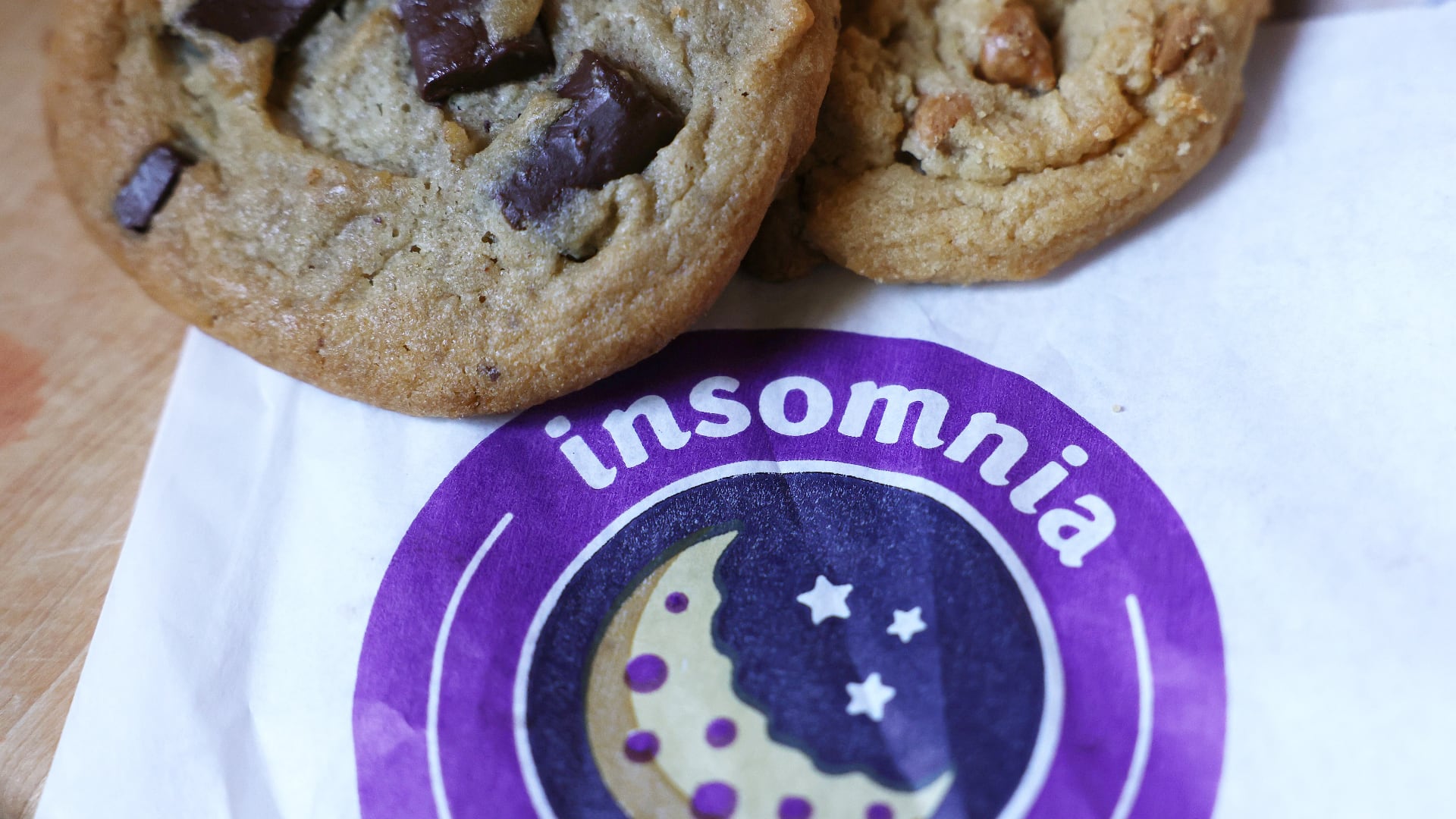Campbell Soup is set to buy Sovos Brands, the maker of Rao’s pasta sauces.
In a Monday announcement, the two companies said they had entered an agreement for Campbell's to acquire Sovos for $23 per share in cash — reflecting a total value of about $2.7 billion.
The transaction will help diversify and strengthen Campbell’s Meals & Beverages division, Campbell’s President and CEO Mark Clouse said in a statement. "And paired with our faster-growing and differentiated Snacks division, (the Sovos portfolio) makes Campbell one of the most dependable, growth-oriented names in food,” he added.
Besides its namesake soups, Campbells makes Prego sauce and Goldfish crackers.
In addition to Rao's sauces, Sovos products include dry pasta, soups, frozen entrees and yogurt under additional brands Michael Angelo’s and noosa. According to Monday's press release, Rao's is Sovos' most popular brand, representing about 69% of the company's $837 million in adjusted net sales last year.
“We have built a one-of-a-kind, high growth food company focused on taste-led products across a portfolio of premium brands, anchored by the Rao’s brand,” Todd Lachman, founder, president and CEO of Sovos Brands, said in a statement. “As one of the most trusted and respected food companies in North America, I’m confident in Campbell’s ability to continue bringing our products to more households and further building on our track record of growth and success for years to come.”
Lachman added that the transaction “creates substantial value” for shareholders, with the purchase price nearly double the $12 that Sovos Brands priced its initial public offering in September 2021.
According to Monday's announcement, Campbell will issue new debt to finance the acquisition. The transaction is expected to close in December, subject to Sovos stockholder and regulatory approval, as well as other closing conditions.
While Sovos and Campbell celebrated the transaction in Monday's announcement, the deal has received some pushback online — particularly from loyal Rao's fans. Some expressed concern over the new ownership possibly changing the beloved sauces' taste or ingredients. Rao's currently advertises its Rao's Homemade sauces as having no water, added sugar, tomato paste or colors.
When reached by The Associated Press Tuesday morning, media contacts for both Campbell and Sovos pointed to Clouse's comments on CNBC Monday night.
“We’re not touching it! Anyone who thinks we’re going to touch the sauce, no," Clouse told CNBC.
According to Rao's website, the brand's history dates back to 1896 — when Italian immigrant Charles Rao bought a small tavern in New York City. The family ran the business over the years, and later transitioned it into a popular restaurant featuring southern Italian dishes. They gained a loyal following, and in 1992, the sauce began to be packaged and sold outside of the restaurant — reaching store aisles as seen today.
Updated August 9, 2023 at 12:30 p.m. ET with full article.












